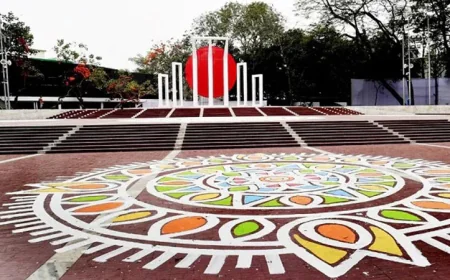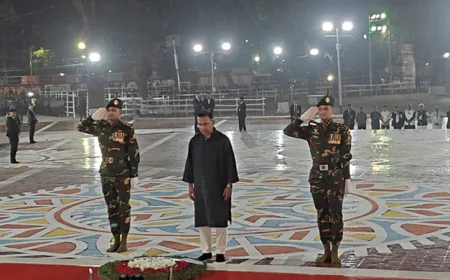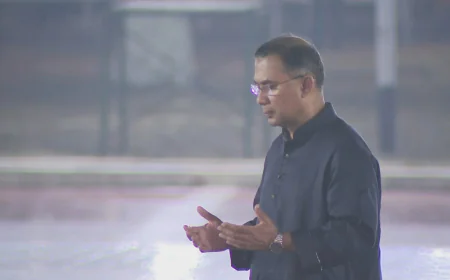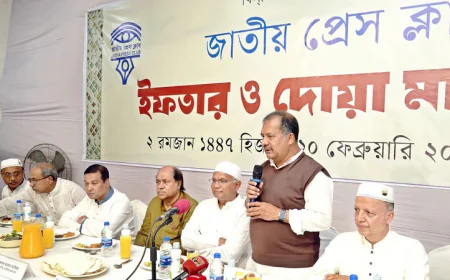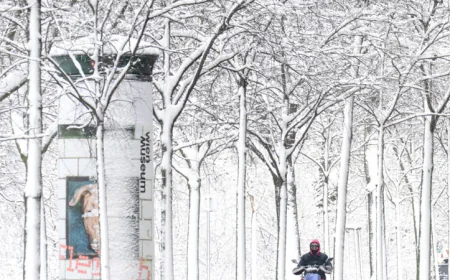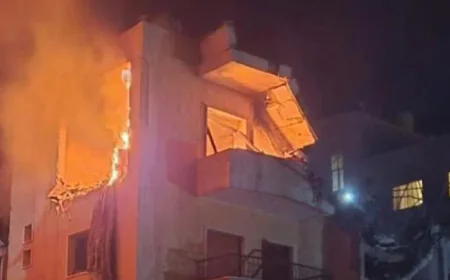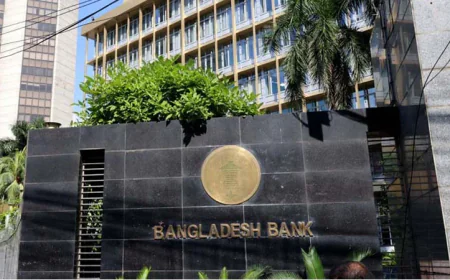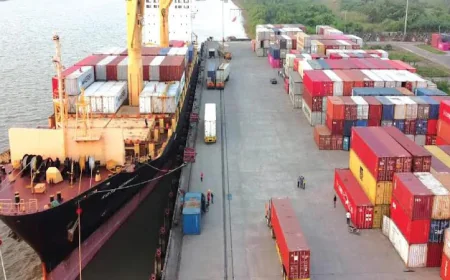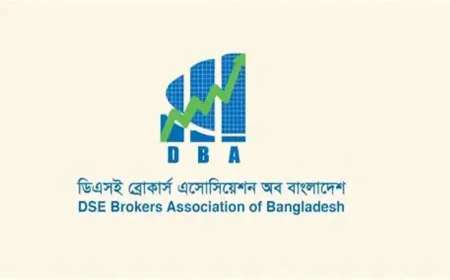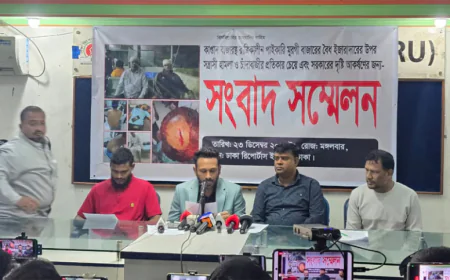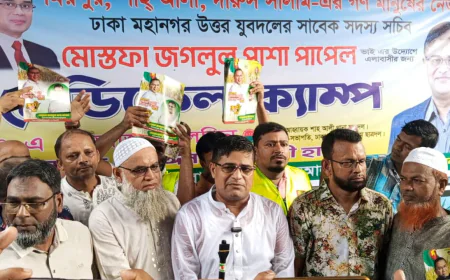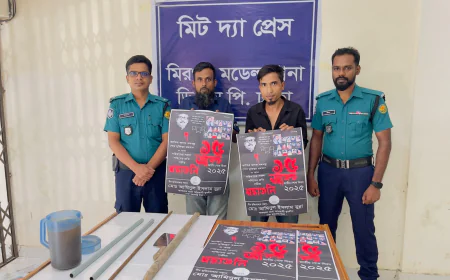Shops Open Beyond Permitted Hours in Mirpur-10 Shah Ali Market
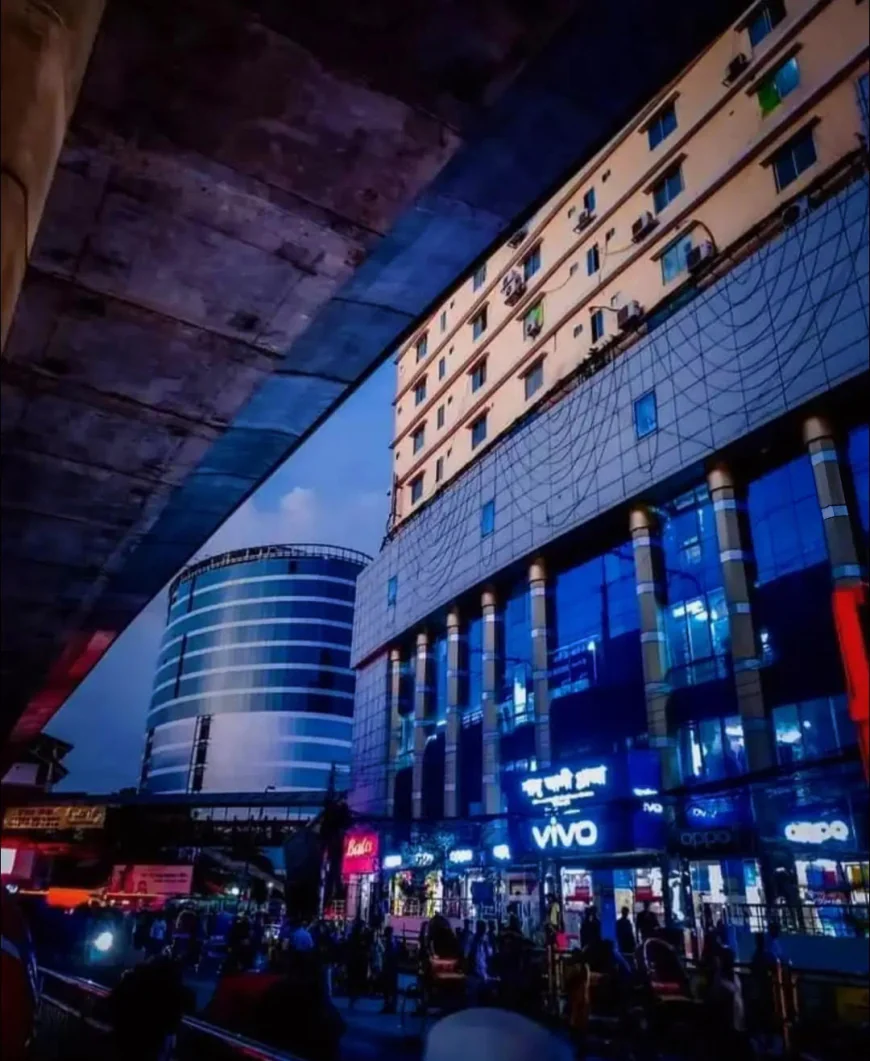
Shah Ali Market, located in one of Dhaka’s busiest areas Mirpur-10 is a popular commercial hub. According to government directives, all shopping centers and stores across the country are to be closed by 8 PM. However, the situation in Shah Ali Market tells a different story. Many shops remain open until 10 or even 11 PM. This violation has now become a daily occurrence.
Traders claim that their main business begins in the evening, especially as working people come to shop after office hours. One clothing vendor stated, “Our main sales start after the evening. If we close at 8 PM, we lose nearly half of our business. It becomes difficult to sustain the shop.” Another electronics shop owner said, “We try to follow the rules. But when neighboring shops stay open, we can’t afford to close early and just sit idle.”
This violation is causing significant inconvenience to local residents. With shops open late, the area faces crowding, traffic jams, noise pollution, and even security concerns.
Local resident Hasina Begum said, “It’s impossible to walk through the area until 11 PM. Cars, rickshaws, street vendors—all together create chaos. Children can’t even sleep properly.”
A young man added, “It’s not just the noise—after 10 PM, many unknown individuals roam the area. This raises serious security concerns.”
Authorities Evading Responsibility
A member of the market’s management committee said, “We regularly instruct the shopkeepers to close by 8 PM. But in practice, many don’t comply. Some even keep their shops open secretly. We don’t have administrative authority, so it’s difficult to take action.”
The responsibility to enforce this regulation lies with both Dhaka North City Corporation and the Dhaka Metropolitan Police (DMP). A DMP official commented, “We occasionally carry out raids, but it’s hard to monitor all markets regularly. If the market authorities were more cooperative, it would make the job easier.”
Urban planners and public safety analysts believe this type of rule-breaking is not just a local issue but a reflection of broader urban management failure. They argue that when laws are not enforced strictly, violations become the norm, disrupting the city's natural rhythm.
One prominent urban expert remarked, “If every part of the city starts ignoring the rules, overall safety, traffic, and environmental issues will worsen. The local administration must take a firm stance.”
